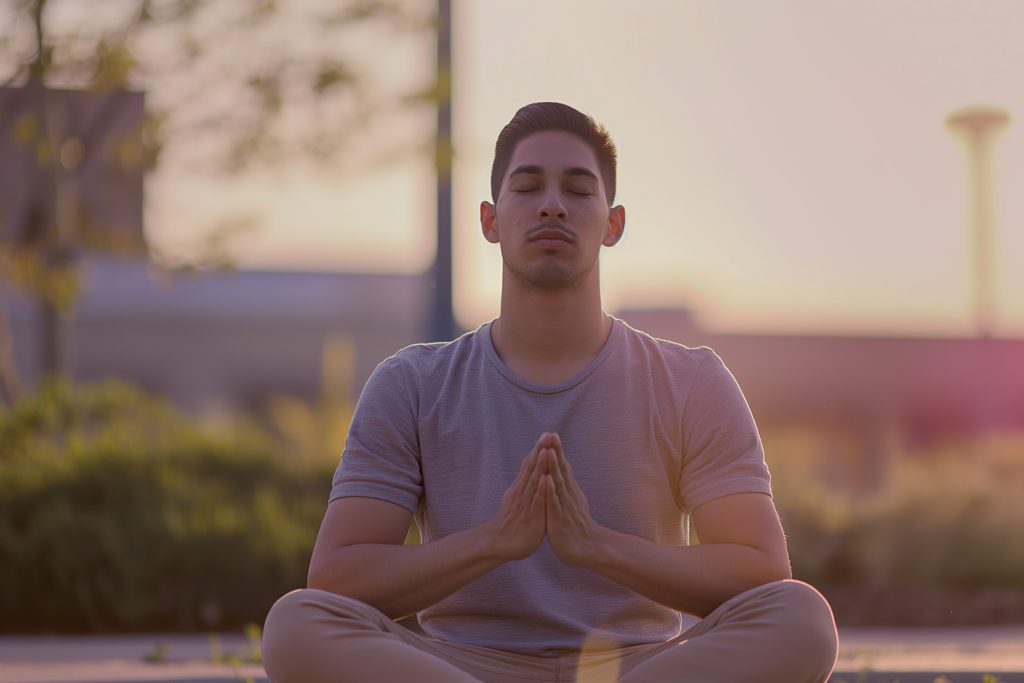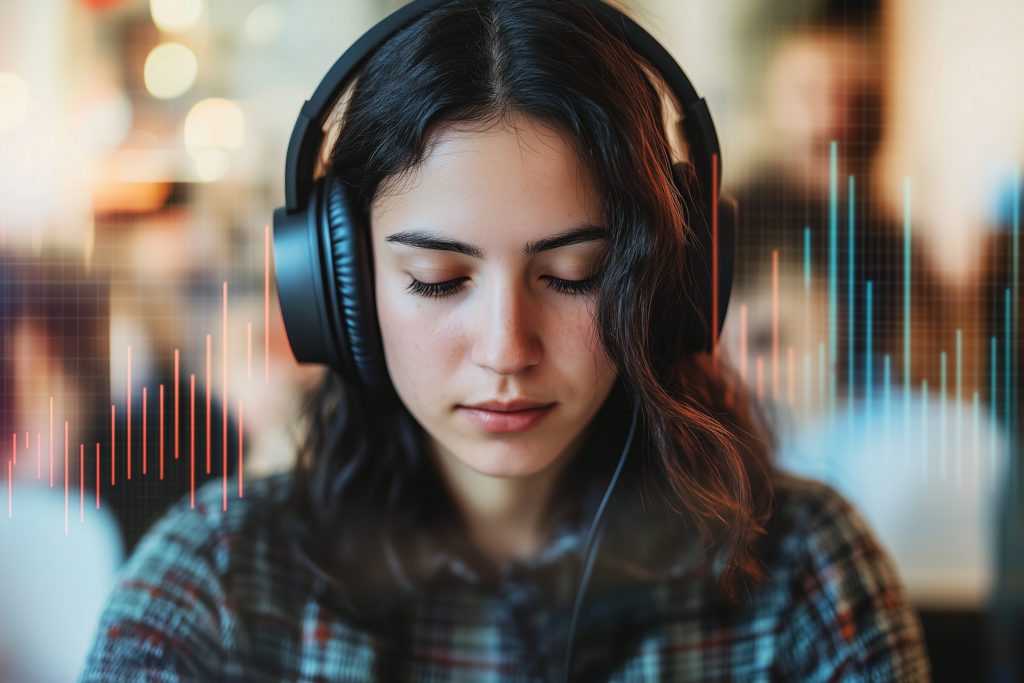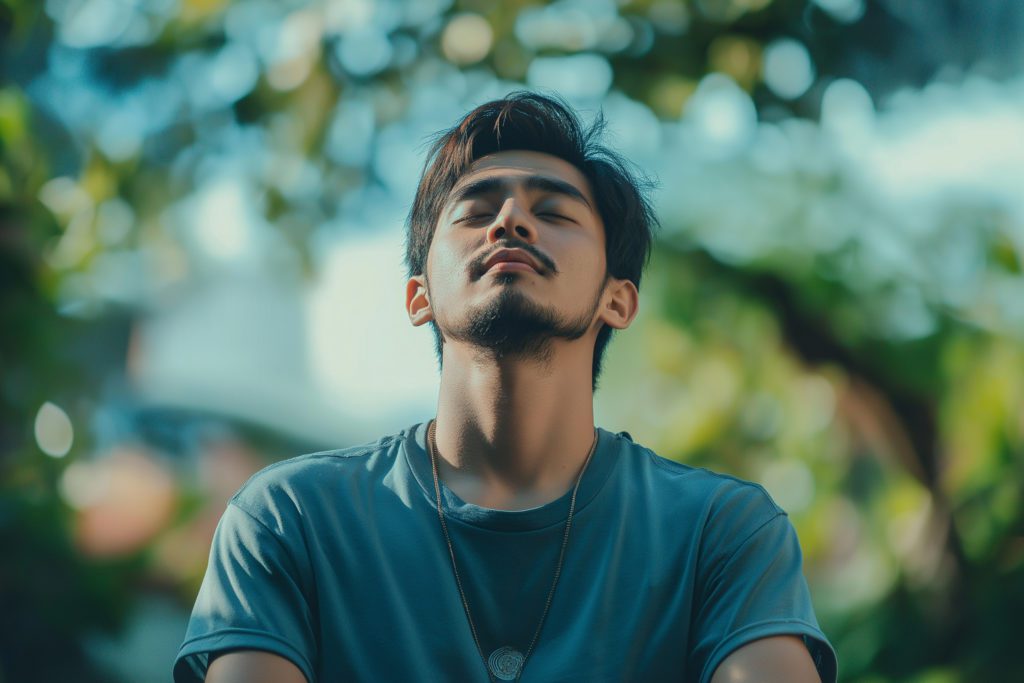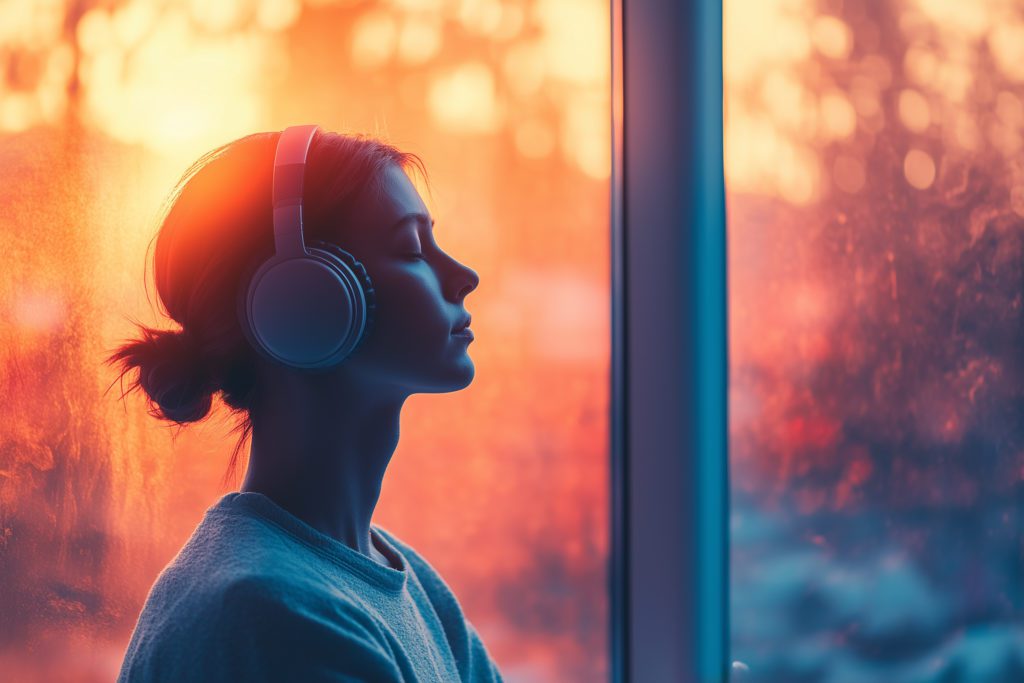
The Role of Yoga in Managing Sleep-Related Anxiety and Stress
Did you know yoga can reduce sleep-related anxiety and stress? Learn the science behind it and how to create a personalized routine for better sleep.

For those searching for ways to relax and wind down before bed, yoga could prove to be a powerful source of support. As a 3,000-year-old tradition, yoga is now known today as a holistic approach to health, but one that can truly benefit us in ways that we might not have imagined. Whether you practice yoga every day or are just starting to get into the practice, it can provide you with some great benefits that alleviate both stress and anxiety.
In this article, we’ll explore the role yoga has in managing your sleep-related anxiety and stress. We’ll discuss the science behind yoga and stress reduction, some techniques you can use to help with alleviating anxiety, and how you can develop a routine to help with sleep. By the end of this, you’ll know enough to create a fantastic routine that can support your health and overall sleep quality.
The Science Behind Yoga and Stress Reduction: How Does It Help?
While many people—including you—might only think of yoga as a type of exercise, there is actually a much more in-depth benefit to using yoga. As a form of mind-body medicine, yoga has been supportive because of how it allows you to focus on physical, mental, and spiritual wellness. Several yogis enjoy using yoga because of the way that it can help mitigate stress and your body’s natural response to these situations (Source: International Journal of Yoga).
Researchers who study yoga have shown how it can encourage relaxation and balance in the nervous system, especially for those who may experience the fight-or-flight response often in their lives. Furthermore, yoga has been shown to help lower stress levels, decrease blood pressure, and lower breathing and heart rates. It can even increase blood flow throughout the body! Yoga has been shown to be effective at reducing stress and anxiety and encouraging overall improvement of one’s quality of life (Source: Complementary Therapies in Medicine).
More specifically, when looking at yoga’s impact on sleep overall, there is proof currently in the field that shows how yoga can optimize sleep by encouraging changes to one’s neurochemistry, improvements to the brain’s functioning, and even changes in one’s metabolism. In other words, yoga has the potential to truly transform your health and sleep while also allowing you to relax and alleviate common challenges like stress and anxiety. But what are the best yoga practices for sleep, stress, and anxiety? Let’s explore that next!
The Best Yoga Techniques for Alleviating Sleep-Related Anxiety and Stress
With all the benefits that yoga can provide, you might be wondering what the best yoga positions or exercises are. Fortunately, there are several that you can choose from—and several different types of yoga that can support your health. Here is a look at the best yoga techniques to help you alleviate stress and anxiety related to your sleep:
- Breathing Exercises or Pranayama: As one of the simplest yoga techniques to start with, pranayama is a great way to help you alleviate stress and anxiety. With these breathing practices, you can learn to breathe through your diaphragm or even practice alternative nostril breathing. These have been shown to improve emotional health and alleviate symptoms of chronic insomnia (Source: BMC Psychiatry).
- Yoga Nidra for Stress and Anxiety: Yoga Nidra is a form of conscious meditation that can be extremely helpful in encouraging relaxation and ease. With only thirty minutes a day, students were shown to have less stress overall as a result of this yoga practice. It also reduced anxiety levels, even supporting overall health for those with hypertension.
- Specific Poses for Relaxation: For those looking for something easily implemented into their daily routine, you can turn to particular poses. Positions like Balasana or Child’s Pose, Viparita Karani or putting your legs up on the wall, and Savasana or Corpse Pose can encourage relaxation and blood flow and allow you to put your mind at ease. Even if you just include these for only a few minutes a day, they can support better mental and sleep health!
With an idea of the best yoga techniques for mental and sleep health, there are several ways that you can develop a yoga routine for better sleep.
How to Create the Perfect Yoga Routine for Better Sleep
Setting up the best yoga routine for sleep is all up to your preferences. If you are a regular yogi, you might need to do more in order to encourage better rest and less anxiety or stress. However, if you are just starting out, you can start with small steps to make the proper routine for you.
A typical yoga session lasts anywhere from 20 to 300 minutes, but the most common duration is closer to an hour. Yet, you can start out small with only a few poses to get yourself acquainted with your new practice. We recommend at least 20 minutes a day of a few specific poses. You can access any number of yoga for sleep routines on various social media platforms. They will usually consist of gentle stretching, including Child’s Pose and other similar positions.
When you do yoga before bed, make sure you find a quiet setting and have a mat down on the floor or settle on a flat surface. You can play some soft ambient music if desired or listen to your yoga teacher on a video you play. The most important thing is to really focus on resting and relaxing while you do yoga before bed, and don’t be afraid to try out different routines until you find one that gives you the results you’re looking for.
Try Some Yoga Before You Go to Sleep and See How You Feel
Nighttime yoga can produce so many benefits for your mental and sleep health, so there’s no reason not to try it. Even if you do some restorative breathing before you get to sleep, it can provide you with numerous benefits, no matter what stressors you face in your daily life. How will you add yoga to your bedtime routine?
FAQ
How does yoga compare to other forms of exercise in managing sleep-related stress?
Yoga uniquely combines movement, mindfulness, and breath control, which not only relaxes the body but also helps lower cortisol. This makes it especially effective for stress-related sleep issues compared to more intense forms of exercise.
Does the style of yoga matter when addressing sleep-related anxiety?
Definitely. Styles like Yin, Restorative, and gentle Hatha are ideal for promoting calm. They focus on long, slow stretches and deep breathing, which help activate the parasympathetic nervous system and ease anxiety.
Can yoga nidra be an effective tool for reducing sleep-related anxiety?
Yes. Yoga nidra is a deep relaxation technique that promotes a meditative state between wakefulness and sleep. It's been shown to reduce anxiety and support better sleep by calming the mind and nervous system.
Can yoga help reduce racing thoughts at night?
Yes. The mindfulness aspect of yoga teaches you to focus on the present moment, which helps break the cycle of overthinking. Regular practice can train your brain to slow down mental chatter and promote a quieter mind at bedtime.
Are there yoga apps or online classes specifically for sleep and anxiety?
Yes. Many platforms offer yoga sessions designed for better sleep and anxiety relief. Look for classes labeled “bedtime yoga,” “restorative,” or “yoga nidra.” These typically include slow movements, breathwork, and guided relaxation.
Is group yoga more effective than practicing alone for reducing sleep-related stress?
Both can be beneficial. Group classes may add a sense of connection and motivation, while solo practice allows for flexibility and personal comfort. Choose the option that feels most calming and sustainable for you.
Are there specific yoga poses that should be avoided before bedtime?
Avoid energizing poses like backbends, arm balances, and vigorous flows. These can raise the heart rate and make it harder to wind down. Stick with restorative, forward-folding, or supine postures to encourage relaxation.

Written by
Marie Soukup
Marie Soukup is a seasoned copywriter, editor, and Integrative Nutrition Health Coach with a certificate from the Institute of Integrative Nutrition (IIN). With years of experience working with brands across diverse industries, Marie is passionate about holistic health and crafting compelling content.
Download Pillow
Get help
Press & News
Legal
Connect
X (Twitter)
Company
Copyright © Neybox Digital Ltd.



